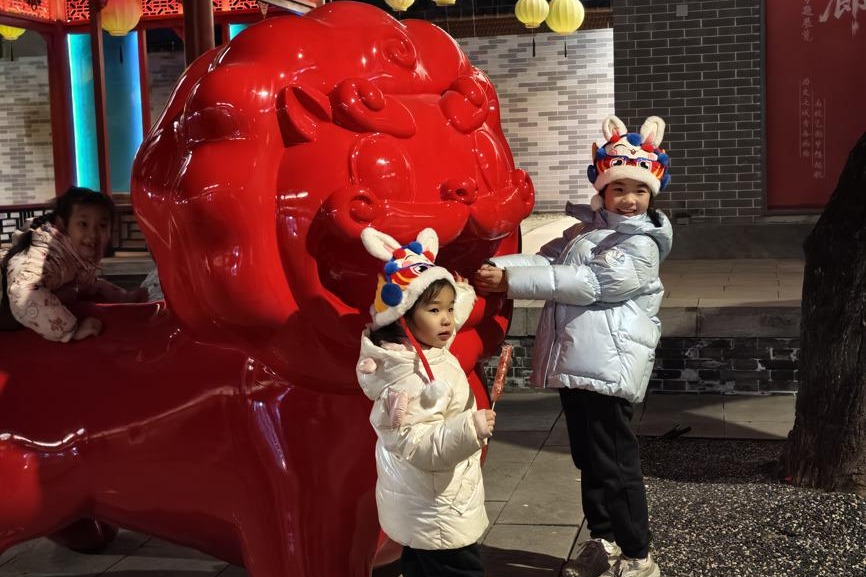It's easy to get lost in translation apps


After nearly two years in Beijing, I've come to the conclusion that my efforts to learn Chinese have stalled.
I came to this realization a couple of weeks ago, when my young nephew in Scotland who was keen to get in touch to "practice his Chinese". While I was, of course, happy to talk to him, I hadn't realized that primary school kids in the United Kingdom had started to learn Chinese as a foreign language at such a young age and that kids these days were so au fait with such technology.
But more than this, the situation also presented me with something of a quandary: What if he knew more Chinese than me? Given the slow progress I had made in the previous year or so, this was looking like a very real possibility.
In fact, my innate belief in my perceived ability to learn through absorption, osmosis or any other nebulous form of learning that I hoped might come to pass-so long as it didn't involve real study or practice-had not really yielded any results. In short, the "I'm sure I'll pick it up" approach to language learning no longer held any water.
While I could name any number of factors for this-my innate laziness for one-the simple fact is that I've not spent enough time memorizing the phrases essential to day-to-day living. Instead I have tended to rely on translation apps as a reference tool where I simply parrot, or display, my questions or answers.
In those taxi situations where I have failed to commit the words in Chinese for "Second Ring Road" to memory, the fact that I can call it up on a translation program has been a boon to getting around town, even if it's at the expense of actual learning.
Should I be blamed for this? Most definitely. I can't make excuses for not taking the time to invest in the language of the country I'm living in. But when there's a simple solution to a complex situation at my fingertip-giving directions to taxi drivers is the main one-I tend to go for the easiest option in the form of an artificial intelligence app.
While it's clearly not the best way to learn, it has helped me improve my awareness of situational affordances. Now that I have built up such a repository of potential questions and outcomes that might arise, there's a better chance of offering a preliminary answer to a question that may be as open-ended as "Which way do you want to go to Dongzhimen?"
Through a process of trial and error, I now know there are two ways from my office to get home-and one involves the Third Ring Road and the other the Second. So these days when I hear a question from a taxi driver involving the numbers "two" and "three
"I now know what is required. When previously a barrage of local lingo left me wearing a baffled expression and illiciting a weak "Ting bu dong" (I don't understand), I now launch into a response that involves "number two" "the second" or, if I have time to gather my thoughts (and by that I mean check my phone) a full and proper answer in the form of "Er huan lu".
All this said, the video call ended up as something of a success, despite my language fudges. It's pretty clear now that I'm going to have to brush up on my Chinese for the next one-which can be no bad thing.
Contact the writer at calum@chinadaily.com.cn
- Deepening of Sino-Finnish ties stressed
- Over 7.3 million people recorded as registered organ donation volunteers in China
- China says Nipah outbreak poses limited risk
- PLA's aerobatic jets arrive in Singapore to take part in air show
- China's garbage sorting drive still has a long way to go in many cities
- Former Chengdu official Bao Hui under investigation





































